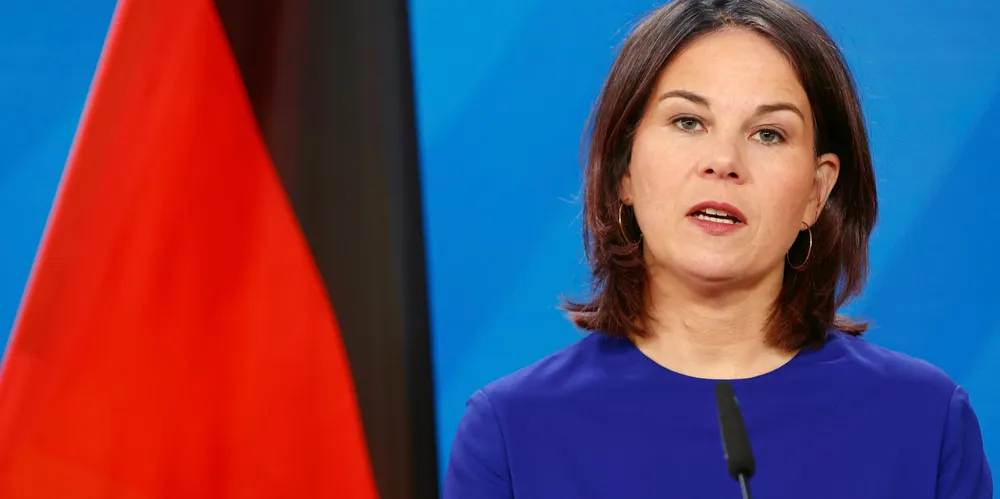'We were wrong' | Germany plans pan-Baltics subsea wind link after Nord Stream gas mistake
750km cable to Estonia would help substitute for gas pipeline between Russia and Germany and end energy policy failure, country’s foreign minister Baerbock says

German transmission system operator (TSO) 50Hertz and its Estonian peer Elering plan to develop a 750km cable under the Baltic Sea that would link offshore wind farms to both countries, while Latvia and Lithuania signaled their interest for a deepening cooperation in wind at sea.
An agreement of intent on the hybrid submarine cable project dubbed Baltic WindConnector was signed at the Baltic Offshore Wind Forum, held at the German foreign office in Berlin, in the presence of officials from Estonia, Latvia, Lithuania, and Germany.
“The Baltic Sea still offers a lot of potential for the expansion of offshore wind energy and therefore for cross-border projects to develop this potential as efficiently as possible via hybrid interconnectors or energy islands,” 50Hertz CEO Stefan Kapferer said.
“The cooperation with the Baltic States and their stronger connection to the continental European electricity system is important for a climate-neutral Europe and also of great importance in terms of security policy. “
Elering CEO Taavi Veskimägi highlighted that Estonia has significant resources for wind at sea beyond what is needed for the country's energy security. The partnership between the two TSOs aims to show how expanding energy exports without financially burdening Estonian consumers could be possible by linking the small Baltic state Germany’s large consumption market, he said.
Stefan Wenzel, parliamentary state secretary at Germany’s economics and climate ministry added: “Reliable imports of renewable electricity and green hydrogen from the North Sea and Baltic Sea regions are becoming a relevant building block for the German energy transition and can make a decisive contribution to Europe's independence from fossil fuels.”
He said that Germany and the Baltic states in the coming 10 years will try to use synergy effects by developing offshore wind both for renewable power generation and green hydrogen production.
In addition to the partnership between 50Hertz and Elering, the three Baltic States' transmission system operators also signed a letter of intent to enhance their cooperation in offshore wind energy and network connections.
'They were right, we were wrong'
German foreign minister Baerbock at the same event said her country’s energy policy in the Baltic Sea region in the past years has been a huge failure that now must be corrected through tapping into offshore wind in a region “where wind of ten metres per second constantly sweeps across the sea”.
When travelling to the Baltic States a little over a year ago, Russia had just started its war of aggression against Ukraine, and Baerbock was asked at that stage why Germany had made itself so dependent on Russian gas and had built a pipeline under Baltic Sea that undermines their security.
“The truth is: they were right, and we were wrong,” Baerbock said.
“Germany was too dependent on Russian energy for too long. For every cubic meter of cheap gas, we paid with our security – twice and three times over.
“Instead of Nord Stream, we are building Baltic power together – also for our security.”
(Copyright)